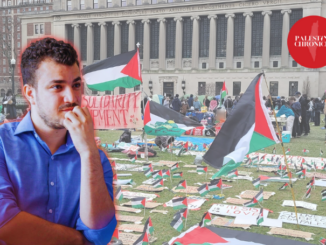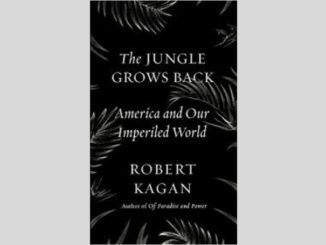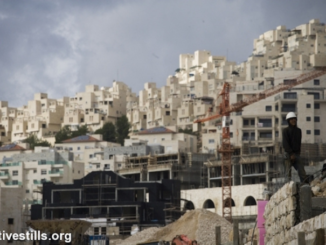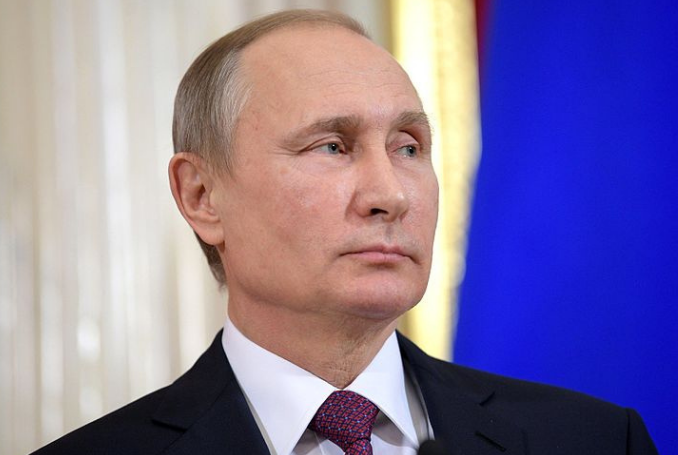
By Iqbal Jassat
Will Vladimir Putin land in South Africa to attend the BRICS’ summit and if he does will he be arrested and handed over to the Hague?
This political and diplomatic conundrum has been a major talking point since the International Criminal Court (ICC) issued a warrant for his arrest.
Legal minds are of the opinion that South Africa’s ratification of the Rome Statute which underpins ICC’s authority to prosecute and jail persons found to be guilty of a range of war crimes, does not provide it any option but to comply.
There are options though which are being considered according to government spokespersons.
One is to push through amended legislation in parliament to circumvent the challenge of a diplomatic fiasco.
On its official account, @GovernmentZA tweeted:
“South Africa is considering a legislative amendment that would domesticate the Rome statute so that it reflects all the articles of the Rome Statute.
“The manner in which the UK domesticated the Rome Statute to incorporate the provisions of article 98 has been recommended as a guideline case study”.
For context, it is important to note that Article 98 (1) does not refer to all “obligations” or all “obligations under international law” but rather specifically “obligations under international law with respect to the State or diplomatic immunity of a person or property of a third State”.
In its Research Guide, Georgetown Law Library notes Article 98 (2) which deals with “Cooperation with respect to waiver of immunity and consent to surrender…”, that the United States concluded bilateral non-surrender agreements with individual countries, which binds them not to surrender Americans to the ICC.
Provisions of Article 98 incorporate several terms including “Bilateral Immunity Agreements and Impunity Agreements” which have allowed the United States – despite being a non-signatory to the Rome Statute, to escape the jurisdiction of the ICC.
America’s duplicitous role reveals the extent it goes to in order to remain beyond the reach of the Hague. It is an extraordinary situation of double standards whereby the United States exerts pressure on South Africa to abide by the ICC’s arrest warrant while threatening to annihilate the Court if it ever dares to indict Americans for war crimes.
One of the tools used by the US to whip South Africa in line is African Growth and Opportunity Act, or AGOA. Dubbed as a cornerstone of America’s economic relations with sub-Saharan Africa, it offers preferential access to US markets by eliminating import tariffs.
Given the bind South Africa finds itself in, it desperately seeks ways to find a face-saving solution.
The other option for the Ramaphosa administration is to have Putin’s participation facilitated virtually – without being physically exposed to a humiliating drama. Though this may be a feasible way out, it will be interpreted as weak and cowardly.
Whichever direction the wind blows, it is likely to result in a huge storm. The debris left in its aftermath may take a while to clean up. In fact from the belligerent stance adopted by the Western Cape premier, it is clear that he has begun to generate a gusto, albeit hot air.
Pro-west liberals seem excited at the prospect of Putin being handcuffed and handed over to the Hague.
However, while the debate on South Africa’s “legal obligation” is ongoing, little is said or discussed about the ICC’s lack of consistency, bias and racism.
And the all-important question remains unanswered: at whose urging did the ICC rush through the probe and decide on issuing the warrant of arrest?
In contrast to Israel’s 75 years of crimes against Palestinians including the crime of ethnic cleansing, war crimes and more, the ICC reached a decision to prosecute Putin within an unprecedented short period of less than a year.
Surely it points to political meddling and if true, will further erode and compromise what’s left of the ICC’s integrity.
As long as war criminals such as Tony Blair, George Bush, Hillary Clinton, Benjamin Netanyahu, and their ilk are not prosecuted, the ICC will justifiably be perceived as an instrument of injustice – not justice!
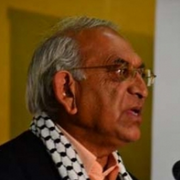
– Iqbal Jassat is an Executive Member of the South Africa-based Media Review Network. He contributed this article to The Palestine Chronicle. Visit: www.mediareviewnet.com

